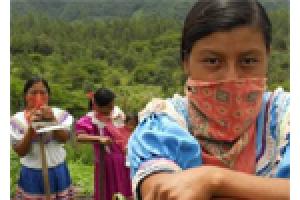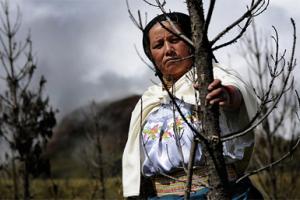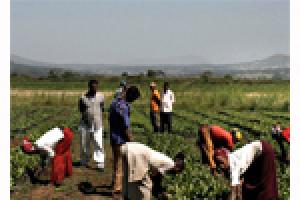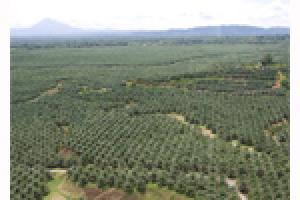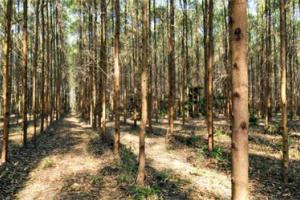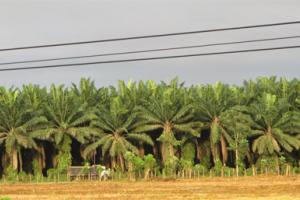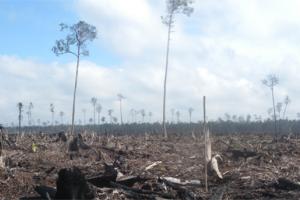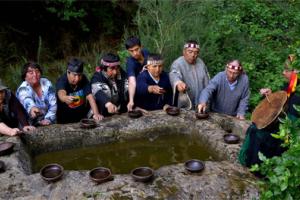The international network of peasants, La Via Campesina, calls for the coordination of actions during the International Women’s Day to highlight the fundamental role played by women in guaranteeing Food Sovereignty. On this day of struggle, it denounces the prevailing violence, against women specifically, because the agribusiness model, patriarchy and the capitalist interests in the countryside have exacerbated social and gender inequalities.
Large-Scale Tree Plantations
Industrial tree plantations are large-scale, intensively managed, even-aged monocultures, involving vast areas of fertile land under the control of plantation companies. Management of plantations involves the use of huge amounts of water as well as agrochemicals—which harm humans, and plants and animals in the plantations and surrounding areas.
Other information
11 March 2015
Bulletin articles
11 March 2015
Other information
6 March 2015
The recently released book “Money Logging” documents the local politics, international complicity and dedicated resistance in the struggle against the turning of Sarawak's rainforests into a monoculture of oil palms and hydropower reservoirs. Author Lukas Straumann singles out Abdul Taib Mahmud, former governor of the Malaysian state of Sarawak, as the kingpin of this Asian timber mafia, while he shows that Taib’s family—with the complicity of global financial institutions—have profited to the tune of US$15 billion.
Other information
6 March 2015
This documentary produced by “Periódico Resumen” addresses the origins and consequences of the expansion of the tree plantation industry in central-southern Chile. Plantations have been expanding in Chile at a phenomenal rate and now occupy a total of some three million hectares, seriously affecting not only the environment but also local communities. The droughts generated by monoculture plantations have also been provoking forest fires.
Other information
6 March 2015
Booming global demand for palm oil and limited room for the industry’s expansion in Asia have led large palm oil producers to look towards Africa. Companies are also betting on an explosion in demand from the European Union for palm oil as a ‘sustainable’ fuel, and Africa is the closest palm oil-producing region. Swaths of land have been allocated to foreign companies for oil palm plantations.
Other information
6 March 2015
Oil palm plantations in Palawan, as elsewhere in the Philippines, are portrayed as a key solution to lower greenhouse gas emissions and as a tool for poverty eradication. However, reality shows a different picture. A report from “Ancestral Land/Domain Watch” (ALDAW) explains the many reasons why oil palm development should be stopped. Among others, this monoculture takes over cropland and coconut groves which sustain local self-sufficiency.
Action alerts
4 March 2015
FOR IMMEDIATE RELEASE
New York (4 March 2015) – Organizations on four continents took action yesterday at Brazilian consulates and embassies as part of the Emergency Global Day of Action to STOP Genetically Engineered Trees. The groups are demanding the government of Brazil reject an industry request to legalize genetically engineered (GE) eucalyptus trees there.
Bulletin articles
23 February 2015
Bulletin articles
23 February 2015
Bulletin articles
23 February 2015
The companies Forestal Mininco y Forestal Arauco account for the vast majority of tree plantation activities in Chile, with almost two million hectares of monoculture plantations of exotic tree species, mainly pine and eucalyptus. Despite the resistance, denunciations and harsh criticisms on the part of numerous Mapuche Indigenous organizations and communities, both companies have been certified with the FSC label through foreign consulting firms.
